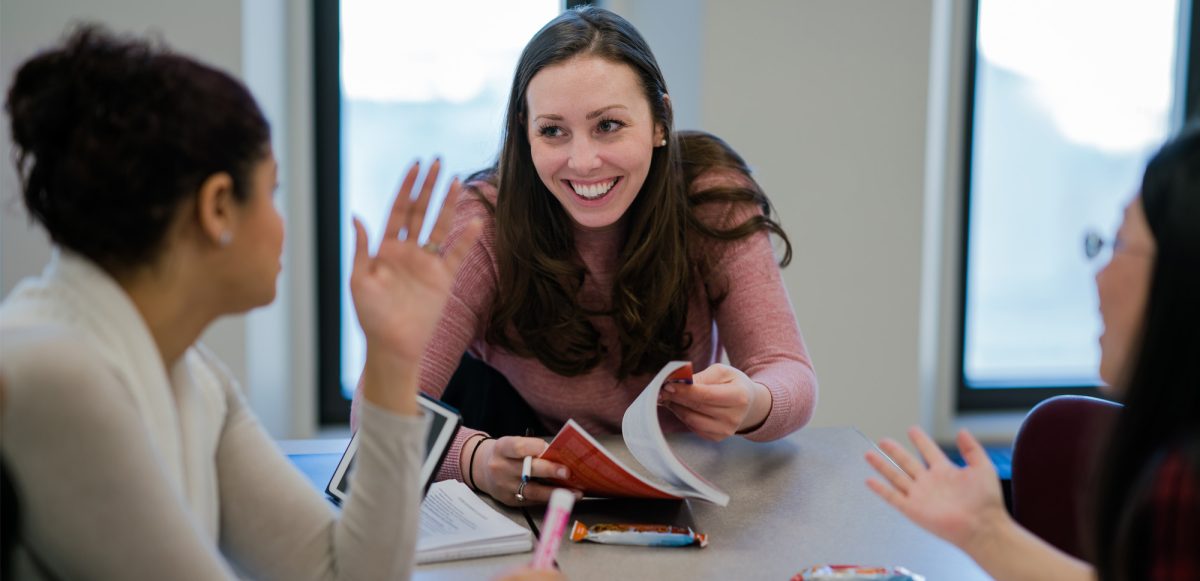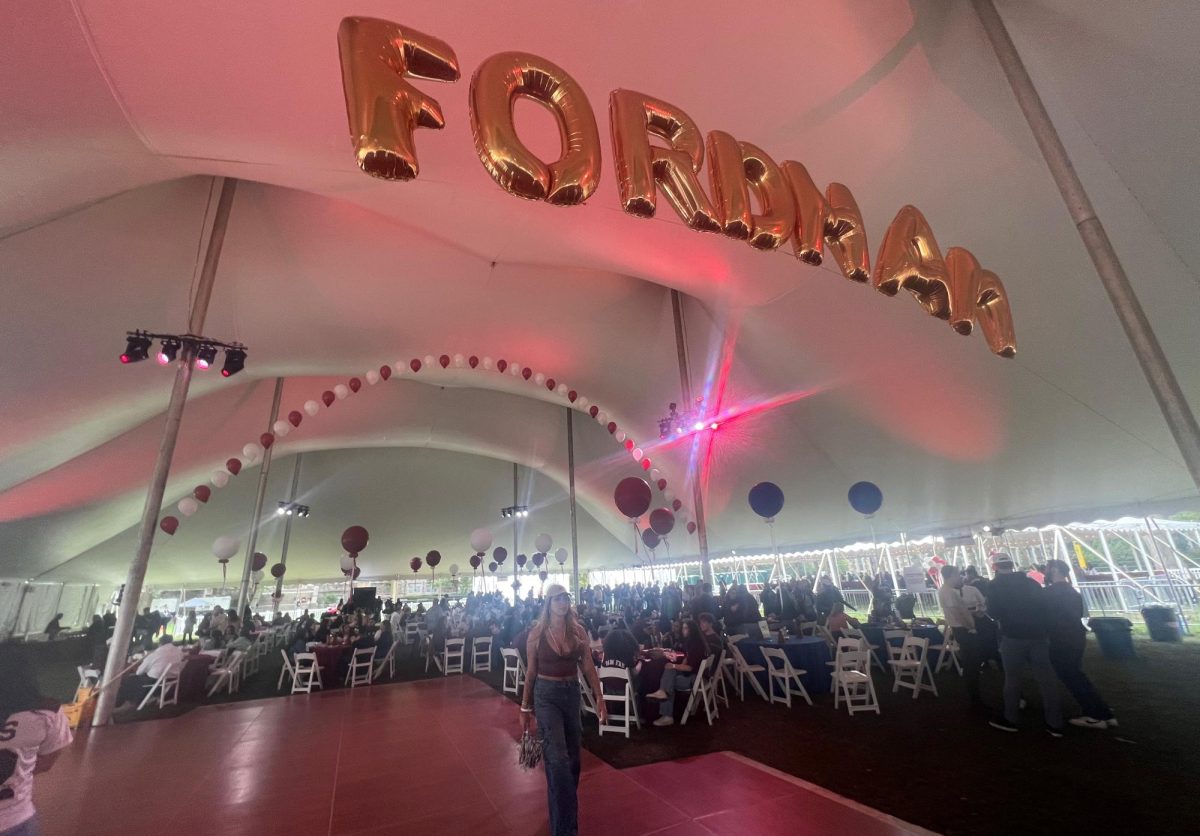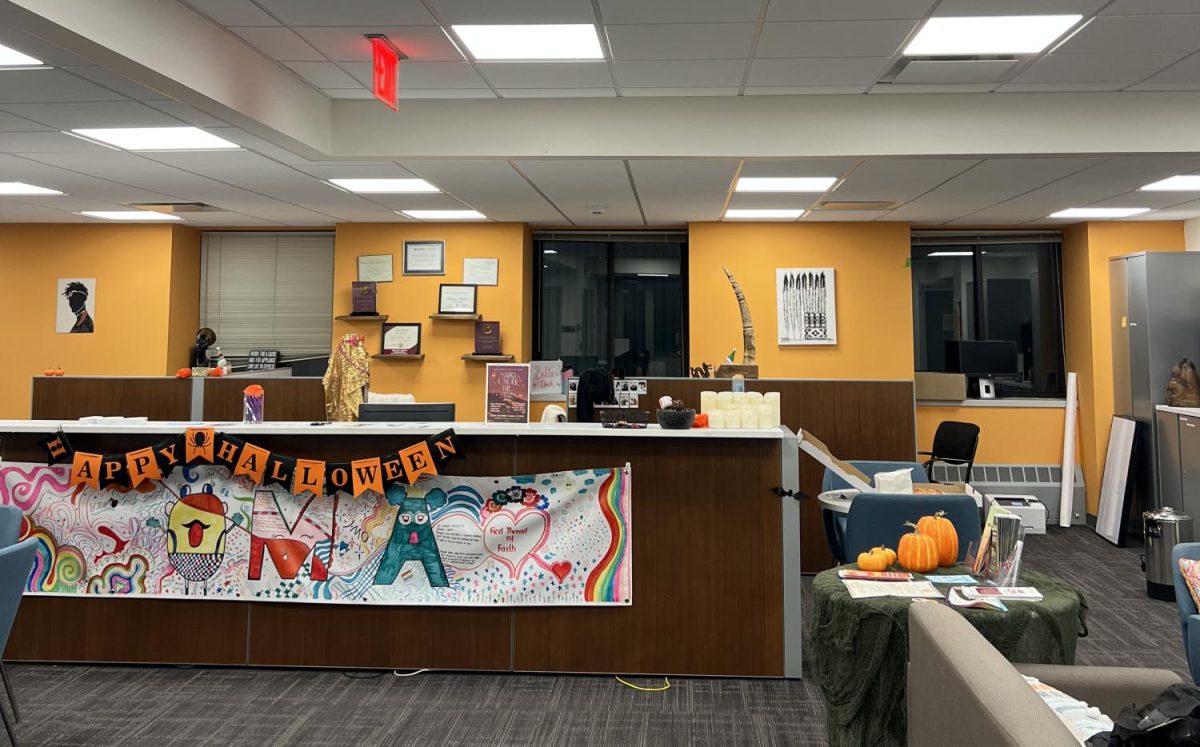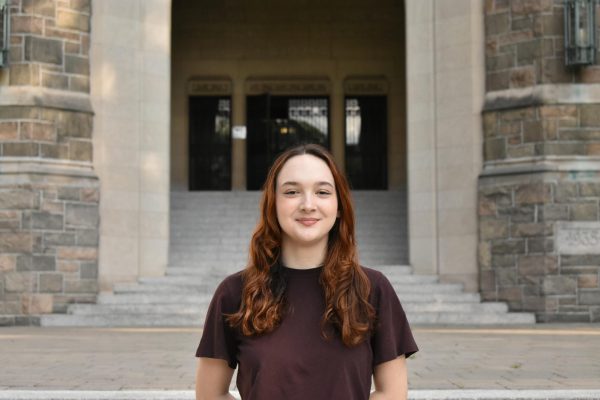In summer 2022, Fordham College Rose Hill and Fordham College Lincoln Center launched a new cooperative advising system for first-year students known as the Fordham College Advising Center. This program — created to better suit the needs of Fordham’s fledgling class — recently introduced its second phase, a new wave of dedicated advisors to support first-year adjustment.
Maura Mast, Ph.D., dean of Fordham College at Rose Hill, and Laura Auricchio, Ph.D., dean of Fordham College at Lincoln Center, collaborated to establish the advising center to replace the university’s previous system of advising. In past years, advising was a collective effort: “an incoming student would work with a summer faculty advisor,” said Mast, and then they “would be supported by a core advisor” with the possibility of “a different sophomore core advisor” and a major advisor upon declaring their major. Additionally, many students had several major advisors due to declaring certain tracks in their majors or turnover in department leadership. In some cases, this led to confused students receiving inadequate academic support.
Recognizing this problem, FCRH and FCLC set out to reconfigure the advising system to better assist first-year students acclimating to the university and to aid upperclassmen in completing their major requirements.
In 2020, Fordham released their strategic plan for 2021-26 titled “Educating for Justice.” Mast and Auricchio cite Fordham’s goal of “cultivat[ing] a diverse, equitable, inclusive, caring, and connected community” as the primary inspiration for the new advising system. Later on in the plan, the university states that they will “promote retention and graduation by redesigning policies and practices concerning academic advising, student support, and cocurricular engagement from the perspective of student success” by spring 2027.
Thus, in fall 2020, the Task Force on Undergraduate Academic Advising was born, and “charged with surveying students and faculty to understand what their goals are,” said Mast. Mast and Auricchio researched the efforts of other universities and what national organizations recommend, which is when the three-phrase advising model was established.
The Task Force completed their work in fall 2021. Both deans then “consulted with the community and offer[ed] listening sessions” in order to best understand the perspectives of students and faculty, said Mast.
“In the new system, which is still being phased in, all students will be supported by the Fordham College Advising Center. This center is led by a single Associate Dean for Academic Advising and is staffed with professional advisors who will support and advise students throughout their undergraduate careers,” said Mast. “Our intent is that the new system will enhance opportunities for faculty to develop meaningful connections with students that may lead to undergraduate research partnerships, networking for internships, guidance for graduate or professional school, and more.”
The Fordham College Advising Center’s first phase was introduced in summer 2022, with a set of advisors specifically dedicated to providing support and guidance to first-year students. Its second phase was released in summer 2023, with a second set of advisors for the class of 2027. These advisors will be a part of the Center for First- and Second-Year Advising.
“The final phase is to launch the Center for Junior and Senior Advising,” said Mast. “Students will no longer have faculty advisors and instead will be assigned an advisor from that center. Faculty will transition from serving as core and major advisors to engaging in mentoring activities with students.”
Overall, this program is meant to better suit the university’s mission of “cura personalis,” described as “caring for the whole person.”
“The new approach provides holistic, student-centered support for our students throughout their academic careers,” said Mast. “Through one-on-one conversations and group meetings, members of our new advising team develop trusting relationships with students and help them identify the classes, activities, and resources that will help them flourish as members of our University community.”
Opinions from first-year students have varied, but many have had a positive experience. “During registration, [my advisor] was extremely helpful,” said Katerina Kleinschmidt, FCRH ’27.
“I had questions about which French level to register for based on my self-assessment, and he gave me his two cents and other students’ experiences without being overbearing. Similarly, when I registered for an upper level political science elective, he assured me that if I had any follow-up concerns, he would be readily available for support. I’m planning on scheduling a meeting to go over a potential secondary major, and I have full faith that my advisor will help me plan for the best and most efficient route.”
Students may make an appointment with an available advisor at Keating 303 at Rose Hill or the eighth floor of Lowenstein at Lincoln Center or emailed their assigned advisor in their portal.











































































































































































































